Posted on 10/10/2023
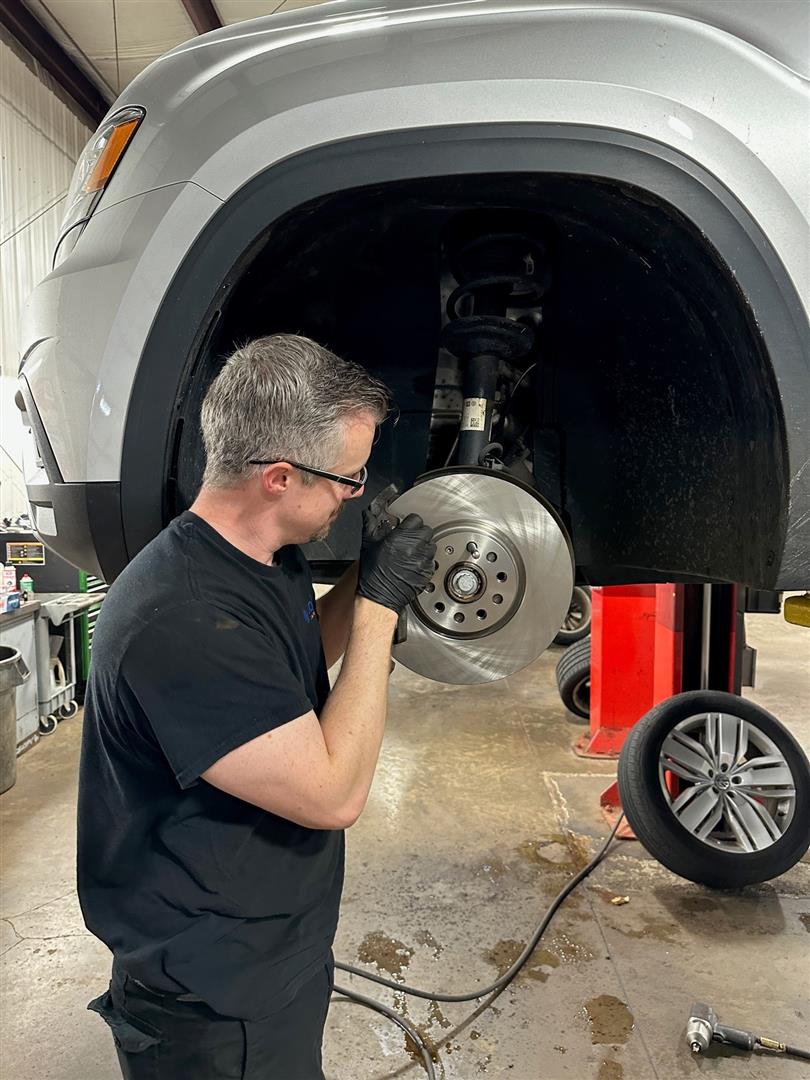
Vehicle maintenance is crucial to extend its lifespan. And prevent costly repairs down the road. That’s where preventative maintenance comes in. Preventative maintenance helps prevent potential issues from becoming bigger problems. Let's take a closer look at what exactly preventative maintenance is, why it’s important, and some practical tips you can follow. What is preventative maintenance? Preventative maintenance involves routine services like oil changes, tire rotations, and brake inspections. These services aim to prevent issues from becoming serious problems. By keeping up with these regular checks, you can extend the life of your vehicle. And avoid costly repairs down the road. Why is preve ... read more
Posted on 8/1/2023
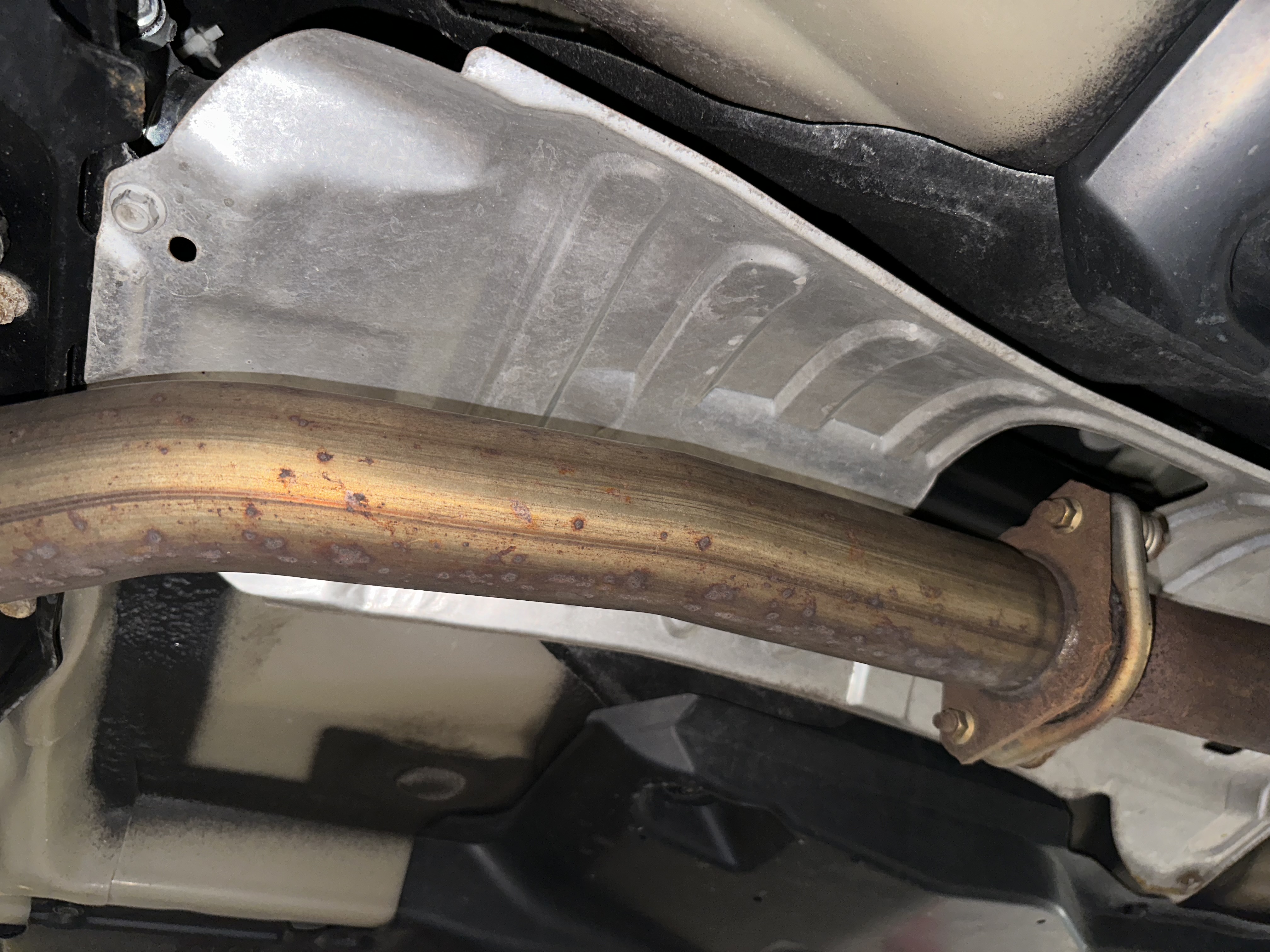
Heat shields are essential components found under vehicles. They protect parts from the intense heat generated by the engine and exhaust system. They act as thermal barriers. And are made of materials like aluminum, stainless steel, or fiberglass. These are known for their excellent heat reflection and absorption capabilities. You'll find heat shields strategically placed throughout your car, serving different purposes: Around the engine: They protect the engine block and intake manifold from the extreme heat produced during combustion. Around the exhaust system: Heat shields protect the exhaust pipes, muffler, and catalytic converter. This ensures they don't get damaged due to the high temperatures of exhaust gases. Under the car: They are also installed under the car. This will h ... read more
Posted on 7/6/2023
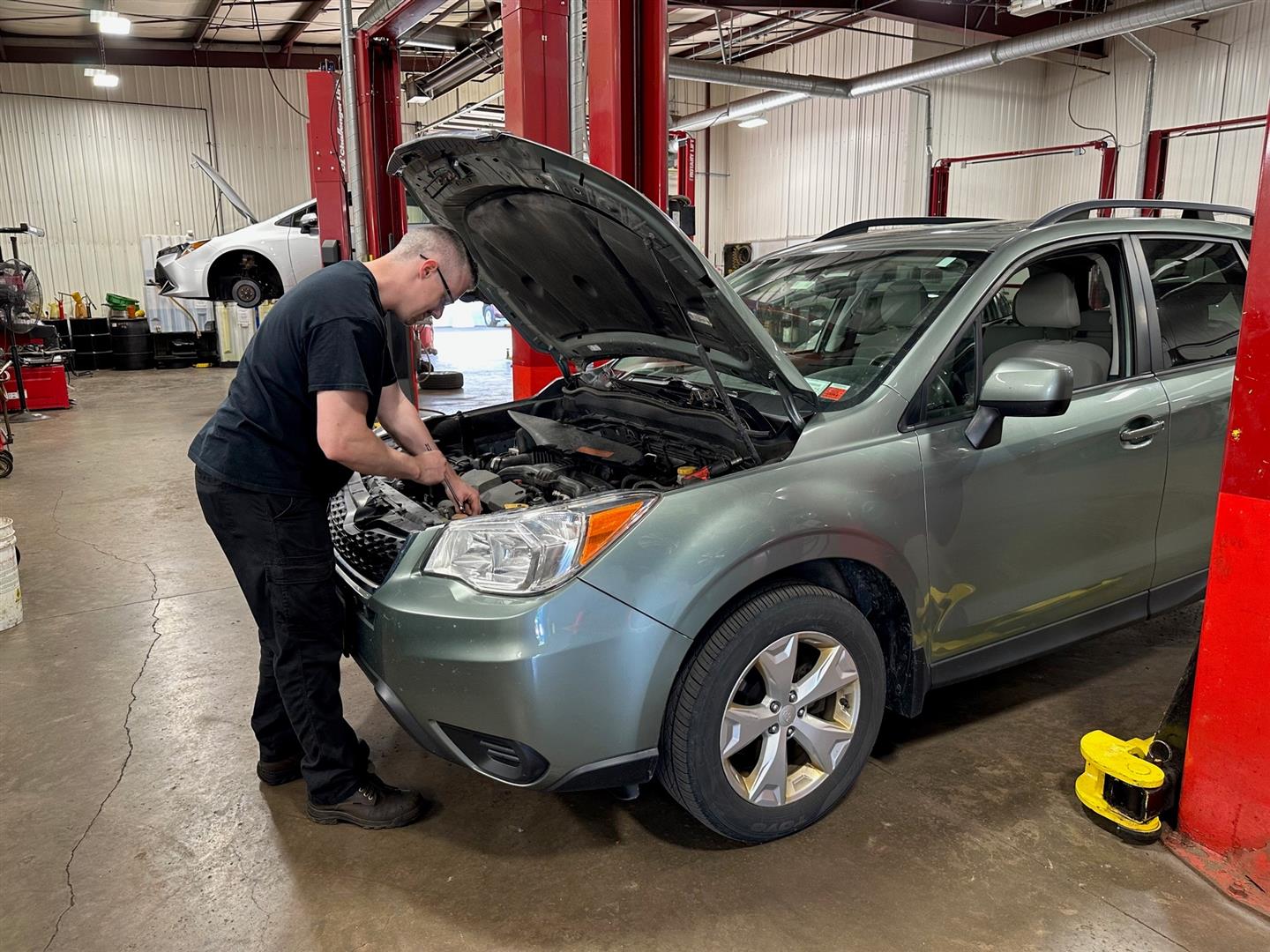
A common problem many drivers face is overheating. Serious engine and transmission damage can occur when a vehicle over heats. Learn more about what causes a car to overheat and how to avoid it. Low Coolant Level: Coolant or antifreeze helps keep the engine cool by circulating throughout the engine block and radiator. If there is not enough coolant, the system cannot dissipate heat. This causes the engine to overheat. Check the coolant level often and add more if necessary. Broken Thermostat: The thermostat controls the temperature of the engine. It can cause the engine to overheat or run too cold if it fails. A thermostat can break for reasons, such as corrosion, wear, or a mechanical failure. Have a mechanic replace your thermostat if you think it may be broken. Radiator Problems: The radiator dissipates heat from the engine that the coolant has absorbed. If the radiator is clog ... read more
Posted on 6/6/2023
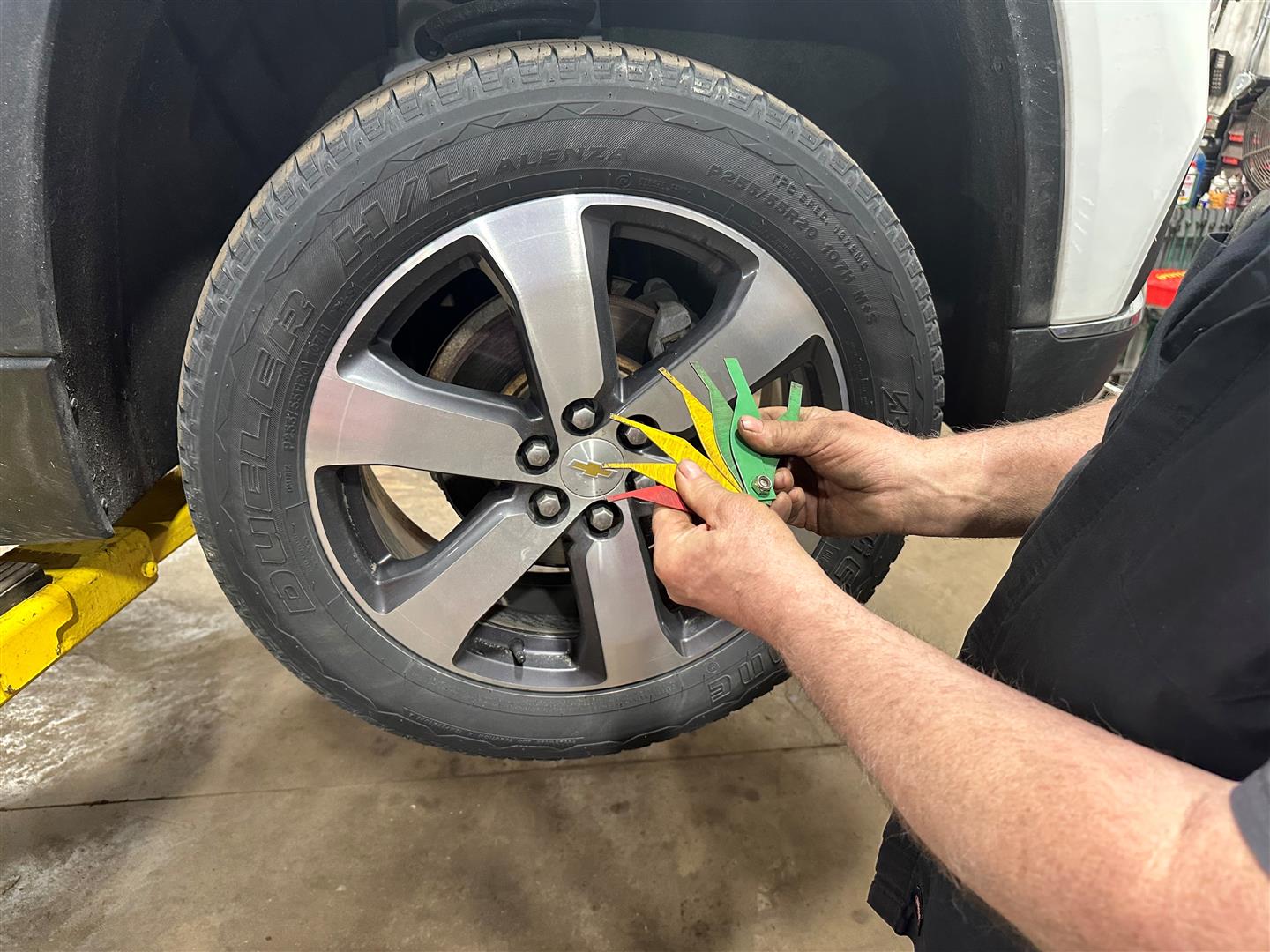
Brake pads are a crucial component of your vehicle’s braking system. They help you stop your vehicle when you need to and ensure the safety of you and your passengers. Over time, brake pads wear out and need to be replaced to maintain the optimal performance of your vehicle. But how do you know when it’s time to change them? Learn how to measure brake pads and determine whether they need to be replaced. Measure the thickness of the brake pad: The thickness of the brake pad is the most essential aspect when considering replacement. Ideally, the thickness of the brake pad should be at least 1/8 inches or more. Use a micrometer to measure the brake pad’s thickness. The micrometer measures the thickness of the pad from the backing plate to the outer edge of the friction material. Use the brake pad wear indicator: Some brake pads come with a wear indicator. The wear indicator is a ... read more
Posted on 5/22/2023
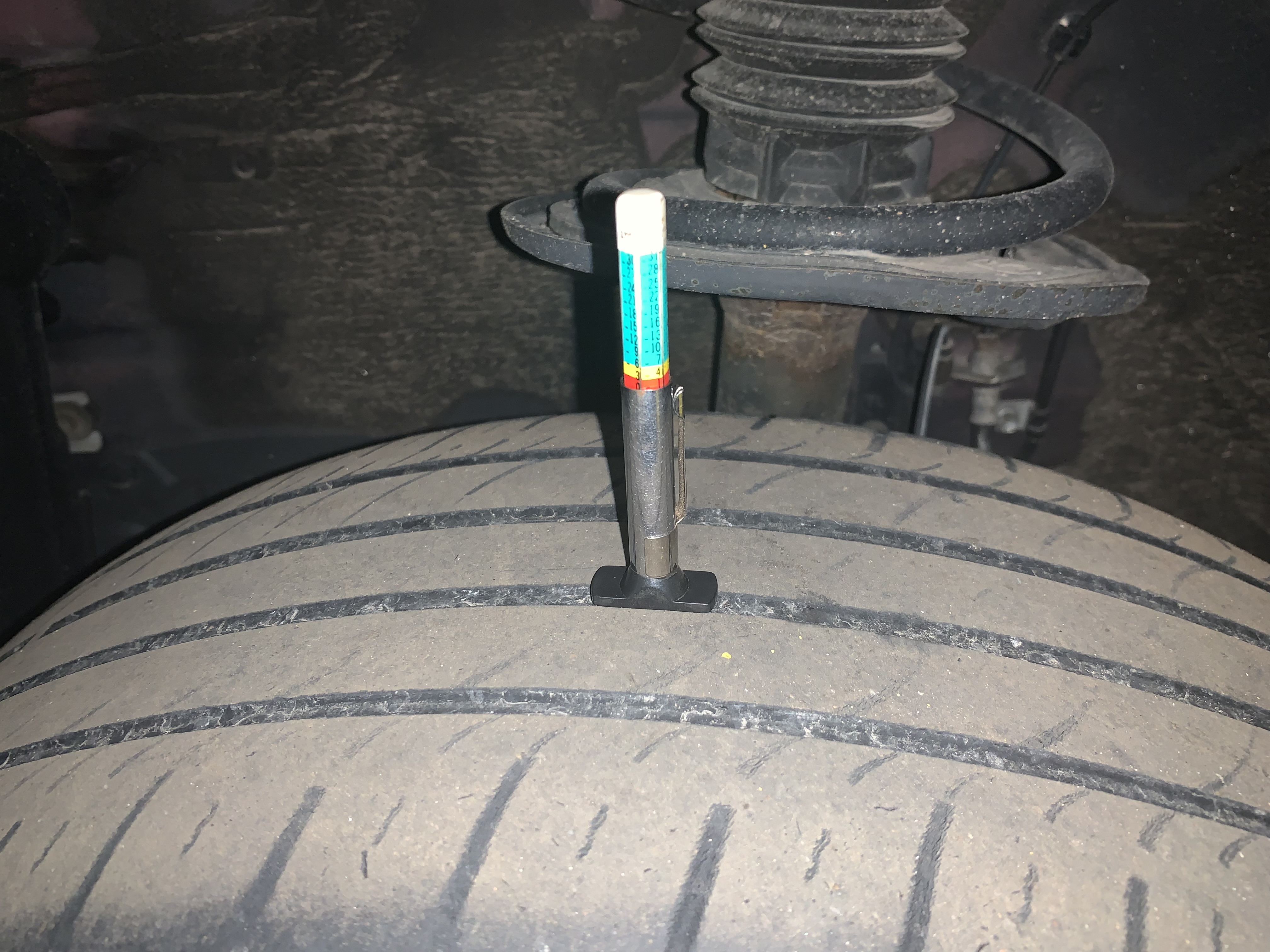
Tires play a critical role in keeping you safe on the road. It is important to maintain your tires and check their levels of wear and tear periodically. Tire tread depth is an essential feature of tire maintenance that every vehicle owner should know. It is the measurement of the space between the top of the tire tread and the bottom of the groove that runs around the circumference of the tire. Learn more about the importance of tire tread depth, and how it impacts your safety on the road. Better Traction and Grip: Tire tread depth plays a crucial role in maintaining traction and grip on the road. The tire tread grooves are designed to channel water, snow, or mud from the tire's contact patch with the road. This helps in maintaining traction, stability, and control while driving. Tires with adequate tread depth provide better grip on wet, slippery, uneven roads ... read more
Posted on 4/17/2023
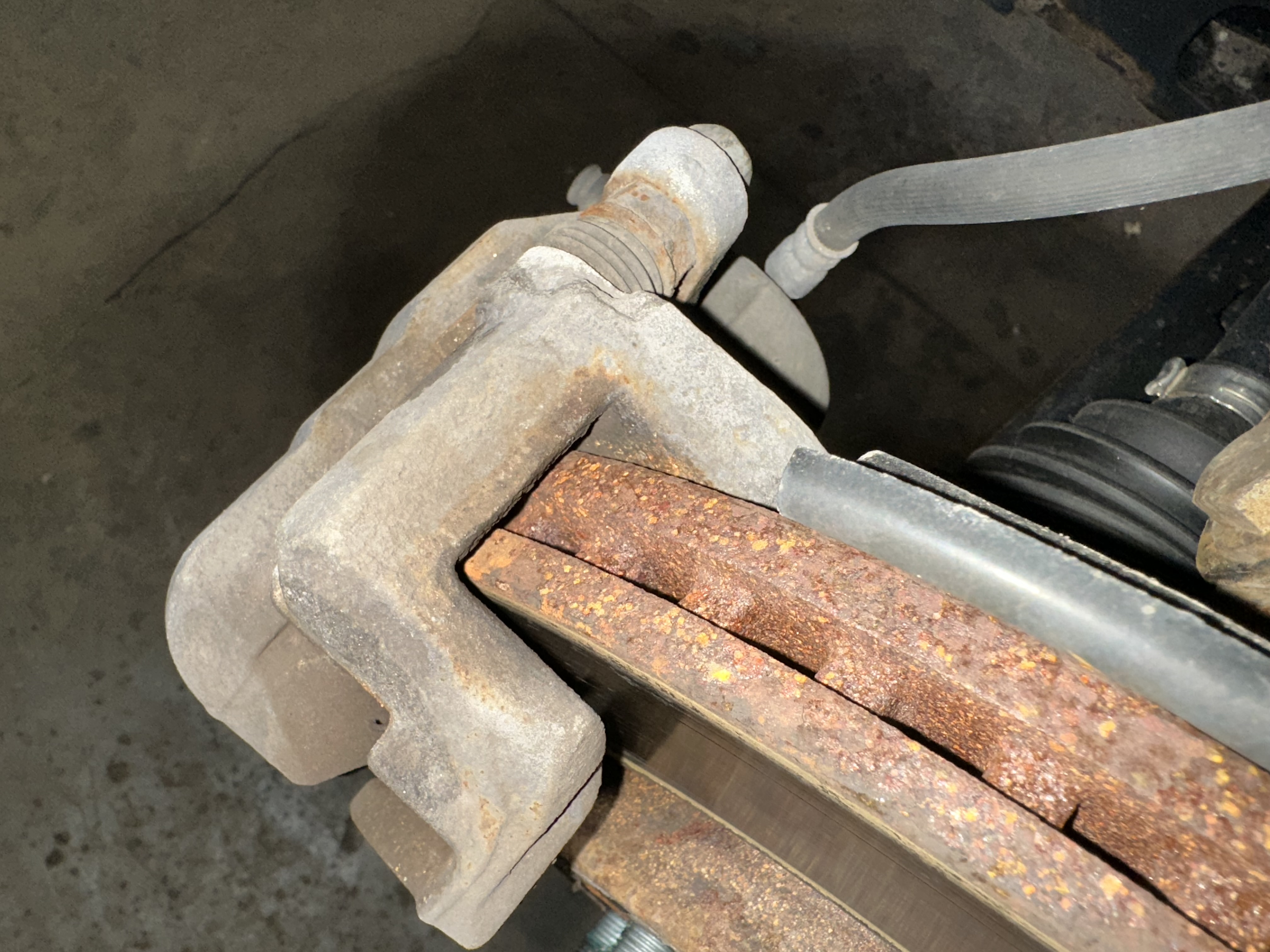
If your car brakes are sticking, it can make driving a nerve-wracking experience. You press the brake pedal and nothing happens—or worse yet, it takes too long for the brakes to kick in! What’s going on? Let’s take a look at the possible causes of this issue so you can get back on the road with confidence. What Causes Brake Stickiness? The most common cause of brake stickiness is moisture or debris that has become lodged in the components of your braking system. When moisture accumulates inside your brakes, it can corrode the components and cause your brakes to stick. Debris, such as dirt or rocks, can also accumulate in your braking system and cause your brakes to stick. In some cases, it may be necessary to open up the brake drums or calipers and clean them out to prevent them from sticking again. Another common cause of sticky br ... read more
Posted on 3/14/2023
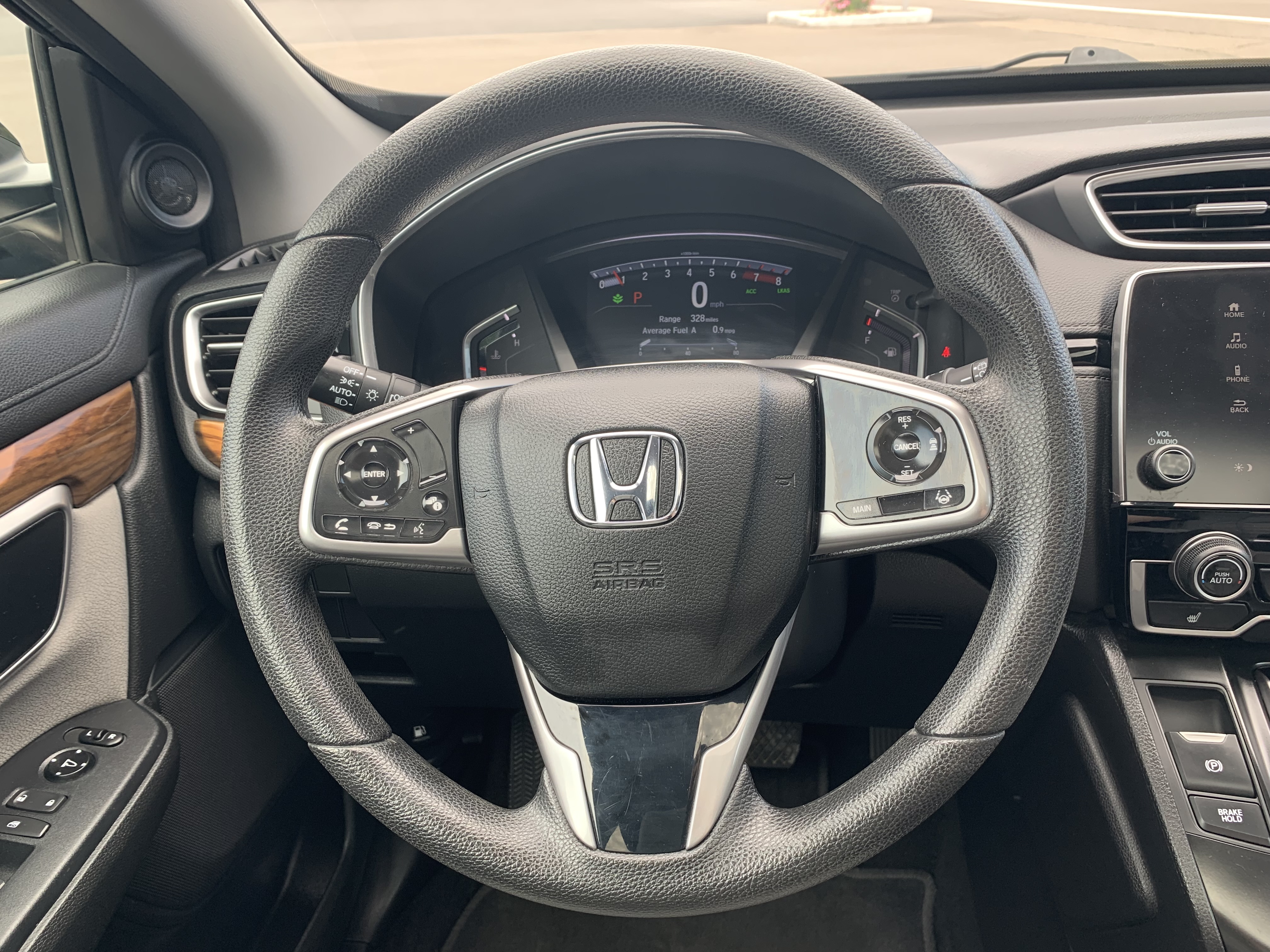
For car owners, power steering is an absolute must. It makes driving easier and safer. And also provides extra control when maneuvering tight corners or reversing into a space. But what exactly is power steering and how does it work? Let’s look at the basics of power steering, its benefits, and why it's essential for any car owner. What Is Power Steering? Power steering is a system that uses hydraulic pressure to aid in the turning of a vehicle’s wheels. This pressure is generated by a pump that is powered by the engine. Which then forces fluid through hoses to the steering gear assembly. This assembly turns the wheels in response to driver input from the steering wheel. In essence, power steering makes turning your car much easier than it would be otherwise. Without power steering, drivers would have to put considerable effort into turni ... read more
Posted on 3/14/2023
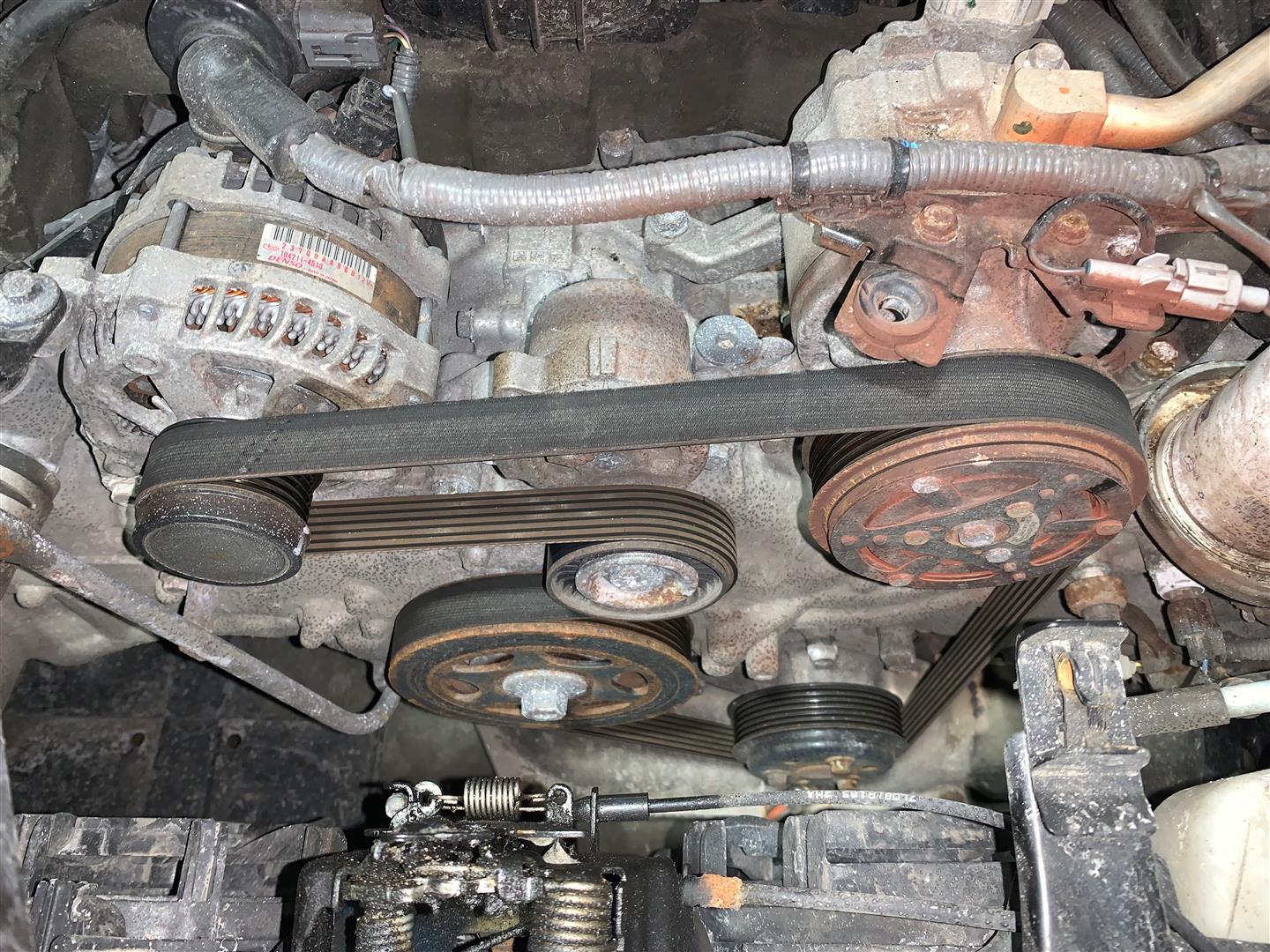
You’ve probably heard of serpentine belts before, but do you know what they actually do? Serpentine belts are an important part of your car's engine. And can drastically impact its performance. Let’s take a look at the purpose of a serpentine belt and why it’s so crucial for your car. The Basics of Serpentine Belts A serpentine belt is a long, flexible belt that wraps around several components in the engine, such as: The crankshaft pulley Alternator pulley Power steering pump The belt is driven by the crankshaft pulley, which connects to the engine’s main crankshaft. As the crankshaft spins, it turns the belt, which in turn drives all the other components in the engine. What Are The Benefits of a Serpentine Belt? The serpentine belt drives many components at once instead of needing separate belts for each com ... read more
Posted on 3/14/2023
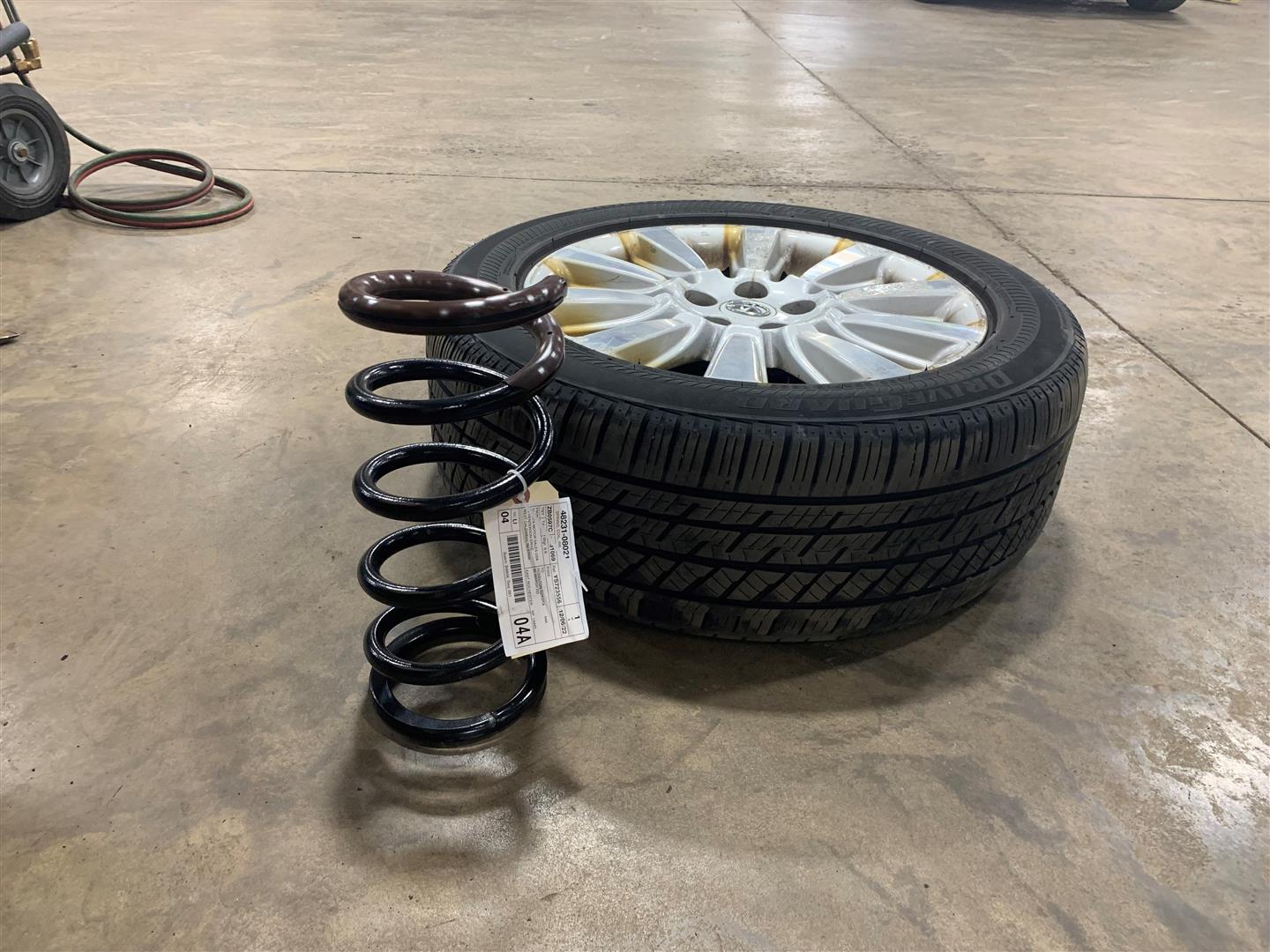
Coil springs are an essential component of a car's suspension system. They provide stability, support, and cushioning to the car as it travels over bumps, dips in the road, and other uneven surfaces. If you've ever wondered what coil springs do in a car or why they're important, read on to find out! What Are Coil Springs? Coil springs are metal components that are part of a car's suspension system. They consist of metal wires wound tightly together into a coil shape. Coil springs are designed to absorb shocks from bumps or dips in the road. And provide stability for the car as it travels over these uneven surfaces. The number of coils in a spring is determined by how much weight or pressure it can handle. How Do Coil Springs Work? When you drive over a bumpy road surface, the wheels of your car move up and ... read more
Posted on 2/28/2023

Making the decision to repair or replace your car can be tough. On the one hand, you don’t want to sink too much money into an old car – but on the other, you don’t want to spend more than you have to. Before making any decisions, weighing each option’s pros and cons is important. Let’s break it down for customers looking for guidance. Assessing Your Car’s Condition The first thing to do before deciding whether to fix or get rid of your car is to assess its condition. If your car is newer and still under warranty, many repairs may be covered by the manufacturer. And that makes it easier to decide whether to keep it or not. If it’s an older model, other things need to be taken into account. Consider how much money you have already invested in repairs versus how much longer you think the car will last if fixed again. Inv ... read more